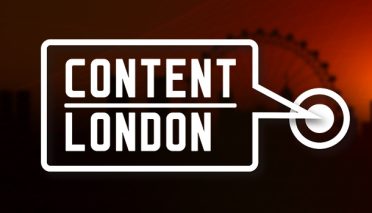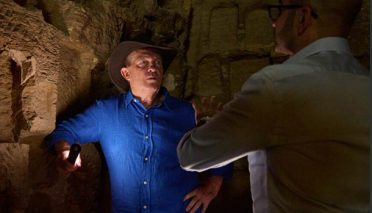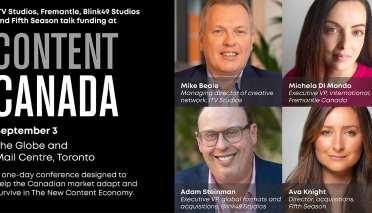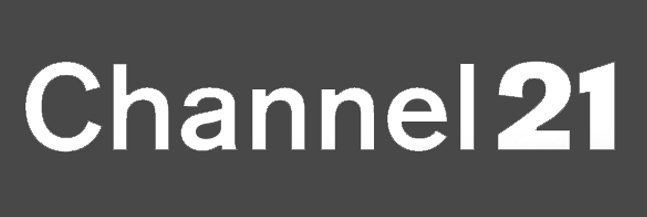The use of artificial intelligence has proliferated and looks set for exponential growth in 2024 and beyond, with its creative potential either exciting or terrifying for those working in television.

Soon a kid with a laptop and AI software will be able to create a Game of Thrones-type series
In early 2023, ChatGPT became the fastest growing internet application in history when it clocked up 100 million users only two months after launch. In parallel, its popularisation of artificial intelligence saw the term ‘AI’ designated ‘word of the year’ by Collins Dictionary for 2023, while the share price of associated computer chip maker Nvidia similarly soared and fears over the technology were at the heart of the US writers and actors’ strikes.
All this was triggered by the release of the 3.5 free version of the large language model (LLM), which draws on some 175 billion parameters to deliver its text responses. By contrast, ChatGPT 4 – available via subscription since March 2023 – has over a trillion parameters at its disposal and is also multimodal, meaning it can input and output between text, images and voice.
In February this year, Microsoft-backed OpenAI unveiled Sora, “an AI model that can create realistic and imaginative scenes from text instructions” – a tool essentially capable of turning script into multimedia instantaneously.
While the technology is currently only available to a select band of OpenAI developers, visual artists, designers, and filmmakers, its potential is enormous.
In short, it will be possible for a writer, director, producer, or indeed anyone, to type their ideas for a movie or TV show into a computer or speak them into their mobile phone and see their vision realised before their eyes. Not only that, but other AI will be able to render suggested licensing and merchandising product lines, maybe even mass produce them using 3D printing.
These were some of the scenarios presented by leading thinkers and practitioners in the field at C21’s Content London in late 2023, where ChatGPT and other emerging AI tools like Midjourney, Gamma, Runway, Lore Machine and Flawless came under discussion.
Allan Niblo, co-founder of UK-based Vertigo Films, said AI would soon lead to great leaps in content creation, with productions on the scale of The Lord of the Rings capable of being made by individuals on laptops. He compared the present to when Francis Ford Coppola speculated in the late 1970s, during the making of Apocalypse Now, that it would one day be possible to make films on a hand-held camera and self-distribute to millions – a prediction that came true with the advent of the smartphone.
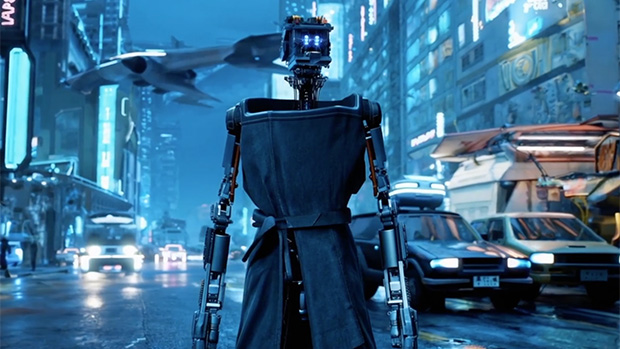
Sora from Microsoft-backed OpenAI can turn script into multimedia
“The next evolution along from that is a kid on a laptop making Lord of the Rings at the same quality,” said Niblo. “I don’t think we’re far from that. Some people will disagree with me but when all the barriers are down and things are fully democratised, what will that mean?”
Elsewhere, Chad Nelson, creative director at California-based creative agency and production company Native Foreign, and also a consultant to OpenAI, echoed the point.
“This technology changes the centuries-old creative process of storytelling,” he said. “It allows you to go from ideas to execution much faster. The younger generation live in a Roblox/Minecraft world and think of entertainment as a sandbox that everyone should be able to manipulate and play with. My son told me that he could make a better Star Wars show than the last one on Disney+ and my answer was, ‘I can’t wait for you to prove it,’ because that’s not far away. In this new world you’re going to have viewers interacting with content in a whole new way.”
Nelson, who began working with OpenAI when he used the firm’s image-based ChatGPT predecessor DALL-E to produce a short animated film called Critterz, hailed the company’s November ‘DevDay’ as another watershed moment, during which it announced plans for the release of customised GPTs (generative pre-training transformers).
“I think of ChatGPT as like a good encyclopaedia, but it’s not an expert really at anything – it’s general knowledge,” he explained. But with personalised GPTs, “all of a sudden you can train based on your expert knowledge for your production, a custom GPT perfectly designed with your data, with your scripts, with your characters and no one else can see it, no one else can use it. It’s just for you.”
For Nelson, what this means within the context of TV production is the ability to establish standalone biographical GPTs for individual characters within a series, a different GPT for storylines, another for production design, another for merchandising, with each being able to talk to the other so that with overarching human input the whole system can iterate and realise entire seasons within a fraction of the time this would have taken previously.
The industry is at a critical juncture. In 2023, Game of Thrones’ George RR Martin, Bosch creator Michael Connelly, The Firm’s John Grisham and others were among an Authors Guild class-action lawsuit brought against OpenAI, while The New York Times also sued the company recently.
Meanwhile, others, such as ABC in Australia, CNN and The Guardian have blocked the firm’s bots from trawling their sites. Germany’s Axel Springer, however, has agreed a content licensing deal with OpenAI and more will no doubt follow as media organisations of all sizes find themselves increasingly inclined to take potentially existential decisions about whether to engage with the technology or try to deny it.
 Chad Nelson, creative director, native foreign and consultant, OpenAI
Chad Nelson, creative director, native foreign and consultant, OpenAI
What’s most exciting to me about AI is what’s coming in 2024. I look at it as we just started this rocket ship ride and 2024, I think, is going to be when it really explodes.
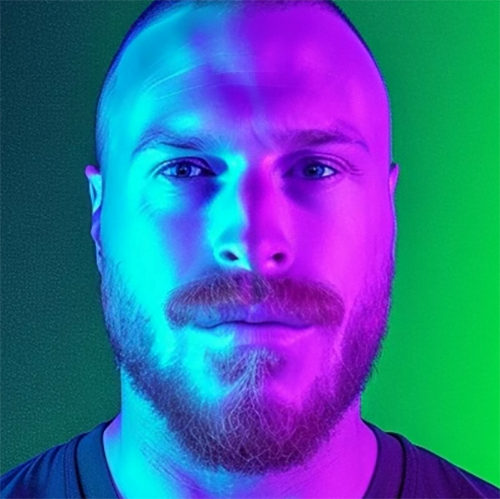 Thobey Campion, founder, Lore Machine
Thobey Campion, founder, Lore Machine
What I’m so excited about is that I can’t see where AI is going. For us, the dream scenario is breaking out of these pre-existing moulds of how you tell stories and building deeply interactive experiences that bridge the gap between gaming and film.
![]() Adam Cunningham, chief strategy officer, Allied Global Marketing
Adam Cunningham, chief strategy officer, Allied Global Marketing
Our industry has been going through existential crisis after existential crisis, questions of monetisation, of distribution, of format. AI accelerates that quite a bit. When I overhear people say, ‘This is going to be really scary in the future,’ I think, ‘Oh, you’ve already missed it because it’s here right now.’
 Monica Landers, founder and CEO, StoryFit
Monica Landers, founder and CEO, StoryFit
There’s a lot of fear about AI destroying storytelling, but it can really empower, not just in efficiency but in terms of room for creativity and support and measurement for creativity. What I see in our data is that original storytelling is better for audiences. Right now, generative AI can’t hold a story together.
 Jessica Chapplow, head of commerce, Reprise
Jessica Chapplow, head of commerce, Reprise
The business of traditional entertainment creation will evolve, but not as we expect. At the core we have Hollywood, then on the periphery things like user-generated content and unsanctioned sequels. As hundreds more ideas get greenlit, the core will get 10 times bigger and the periphery will get 100 times bigger. There will be a huge opportunity to take a lot more creative risks and people will crave more originality, with fewer sequels and reboots.
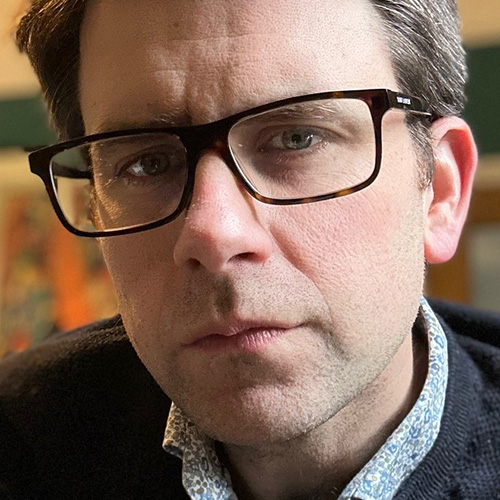 Dan Taylor-Watt, digital consultant
Dan Taylor-Watt, digital consultant
Overwhelmingly, the most important thing to do is to play with AI and experiment with it. Whatever your role, whatever your background, these are tools you can start to get a handle on. Research suggests those who are starting to use it are feeling a bit more optimistic and less concerned about the negative impacts.
 Tim Carter, VP of ecosystems, Flawless
Tim Carter, VP of ecosystems, Flawless
Artificial intelligence is just a machine. It’s just a reaction to inputs. It’s not taking over the world. It is powerful and it requires a lot of thought in how we deploy it and how we build it but it’s not sentient. It has no concept of understanding but there are issues around rights at every step of this process.
![]() Emma Wright, partner, Harbottle & Lewis
Emma Wright, partner, Harbottle & Lewis
The thing that really concerns me is there is a total imbalance of power between the companies that have created these LLMs and those that are trying to show that their rights have been breached. We are at risk of losing some critical creativity unless we figure that out and that will have to be done on the jurisdiction-by-jurisdiction basis.








